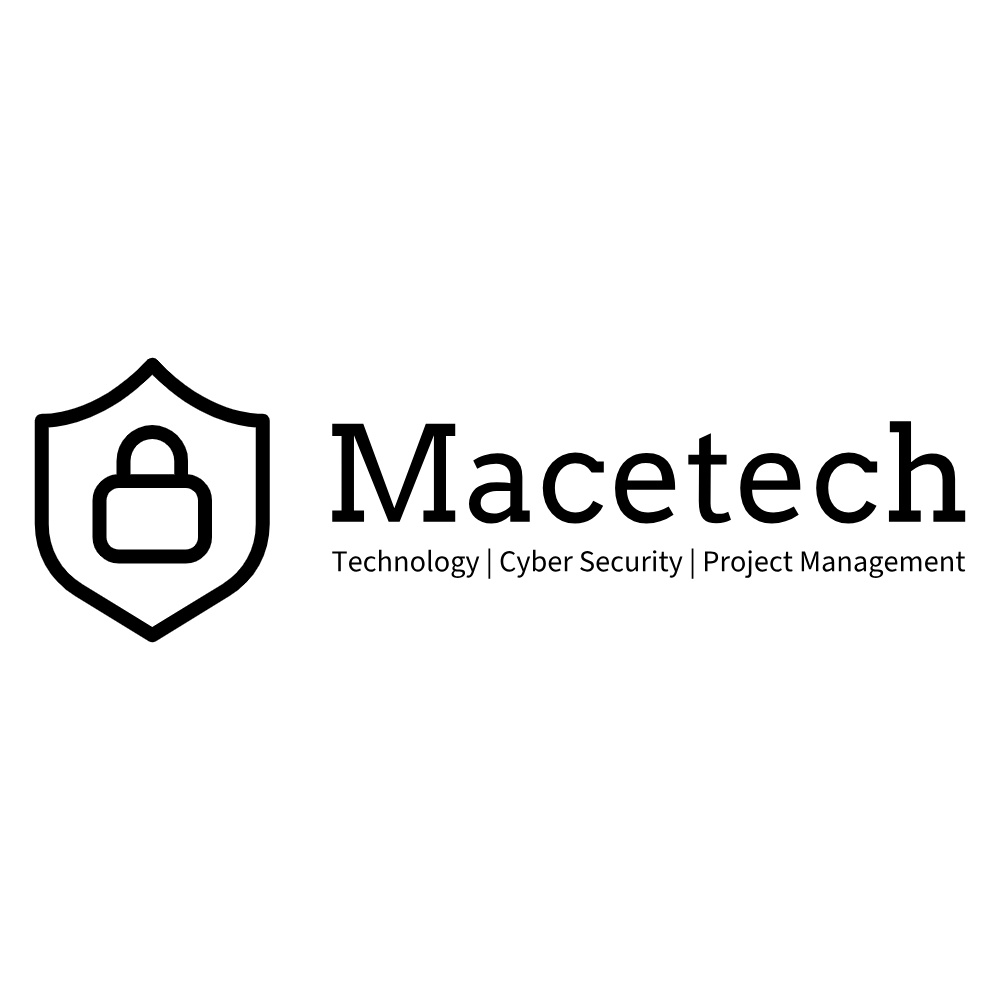Why Cyber Security is Critical for NFPs
1. Protecting Sensitive Data
NFPs often handle personally identifiable information (PII), payment details, and confidential records. A breach could lead to identity theft, fraud, or loss of donor trust.
2. Maintaining Trust and Reputation
Trust is the foundation of any NFP. A single cyber incident can damage credibility, making it harder to attract donations and partnerships.
3. Compliance with Regulations
Australian privacy laws, such as the Privacy Act 1988 (Cth) and Notifiable Data Breaches (NDB) scheme, require organisations to protect personal information and report serious breaches.
4. Financial Security
Unlike large corporations, NFPs operate on tight budgets. Cyber attacks like ransomware can cause significant financial harm, diverting funds from mission-critical activities.
Common Cyber Threats Facing NFPs
Phishing Attacks
Cyber criminals send deceptive emails or messages to trick employees into revealing passwords or clicking on malicious links.
Tip: Conduct regular phishing awareness training and use email filtering solutions.
Ransomware
Malicious software encrypts an organisation’s files, demanding payment for their release.
Tip: Maintain regular backups and use endpoint protection tools.
Insider Threats
Current or former employees may unintentionally or maliciously expose sensitive data.
Tip: Implement strict access controls and monitor user activity.
Weak Passwords and Credential Theft
Many breaches occur due to weak passwords or stolen login credentials.
Tip: Use multi-factor authentication (MFA) and password managers.
Lack of Security Patching
Unpatched systems and software vulnerabilities can be exploited by attackers.
Tip: Enable automatic updates and regularly audit security patches.
Essential Cyber Security Tools for NFPs
1. Endpoint Detection and Response (EDR)
EDR solutions provide real-time threat detection and response across devices.
Recommended Tools:
- Microsoft Defender for Endpoint
- CrowdStrike Falcon
- SentinelOne
2. Security Information and Event Management (SIEM)
SIEM tools help detect and respond to security incidents through centralised logging and monitoring.
Recommended Tools:
- Microsoft Sentinel
- Splunk
- Graylog
3. Multi-Factor Authentication (MFA)
MFA adds an extra layer of security by requiring additional authentication factors.
Recommended Tools:
- Google Authenticator
- Microsoft Authenticator
- Duo Security
4. Secure Email Gateways
Protect against phishing and malware by filtering malicious emails.
Recommended Tools:
- Proofpoint
- Mimecast
- Microsoft Defender for Office 365
5. Backup and Disaster Recovery
Regular backups ensure critical data can be restored after an incident.
Recommended Tools:
- Veeam Backup
- Acronis Cyber Protect
- Azure Backup
6. Identity and Access Management (IAM)
IAM tools help enforce role-based access control and secure user identities.
Recommended Tools:
- Okta
- Microsoft Entra ID (formerly Azure AD)
- Ping Identity
7. Employee Security Awareness Training
Regular training reduces human error and strengthens the organisation’s security posture.
Recommended Tools:
- KnowBe4
- SANS Security Awareness
- PhishMe
Practical Cyber Security Tips for NFPs
1. Implement the Essential 8 Framework
The Essential 8 is a set of cyber security strategies recommended by the Australian Cyber Security Centre (ACSC). It includes:
- Application control
- Patch applications
- Configure Microsoft Office macro settings
- User application hardening
- Restrict administrative privileges
- Patch operating systems
- Multi-factor authentication
- Regular backups
2. Conduct Regular Security Audits
Assess vulnerabilities and identify gaps in security.
3. Develop an Incident Response Plan
Prepare for cyber incidents with a step-by-step response strategy.
4. Encrypt Sensitive Data
Use encryption to protect stored and transmitted data.
5. Restrict Administrative Privileges
Limit admin access to only those who absolutely need it.
6. Secure Cloud Services
Ensure cloud platforms are properly configured and use security controls.
7. Monitor and Log Security Events
Track system activity for suspicious behaviour.
8. Secure Mobile Devices
Enforce mobile device management (MDM) policies for BYOD security.
9. Regularly Test Incident Response
Conduct simulations and tabletop exercises to improve preparedness.
10. Promote a Cyber-Secure Culture
Cyber security starts at the top—leaders must prioritise security and set the example.
Case Study: Cyber Security in Action
Scenario: A small Australian NFP providing mental health support faced a phishing attack. An attacker impersonated the CEO and requested a fund transfer. An employee, trained in phishing awareness, identified the scam and reported it, preventing financial loss.
Key Takeaways:
- Regular training prevented a major cyber fraud.
- Email filtering tools reduced phishing attempts.
- An incident response plan enabled a swift reaction.
Cyber security is a crucial responsibility for Not-for-Profit businesses in Australia. By implementing strong security measures, leveraging essential tools, and fostering a security-conscious culture, NFPs can protect their data, staff, and customers from cyber threats.
With limited resources, focusing on cost-effective and high-impact strategies—such as the Essential 8, multi-factor authentication, security awareness training, and incident response planning—will significantly enhance resilience.
By prioritising cyber security today, NFPs can safeguard their mission, ensure compliance, and maintain the trust of their communities in an increasingly digital world.
How Macetech Can Help Secure Your NFP
Macetech provides comprehensive managed security services tailored for Not-for-Profit organisations. Our offerings include:
- SIEM (Security Information and Event Management): Continuous monitoring and threat detection to safeguard your network.
- RMM (Remote Monitoring and Management): Proactive IT support and system maintenance to prevent cyber threats.
- Essential 8 Uplift: Implementing the Australian Cyber Security Centre’s Essential 8 framework to enhance your organisation’s security posture.
- CISO as a Service: Access to expert cyber security leadership and strategy without the overhead of a full-time hire.
Partnering with Macetech ensures your NFP stays secure, compliant, and resilient against evolving cyber threats.


